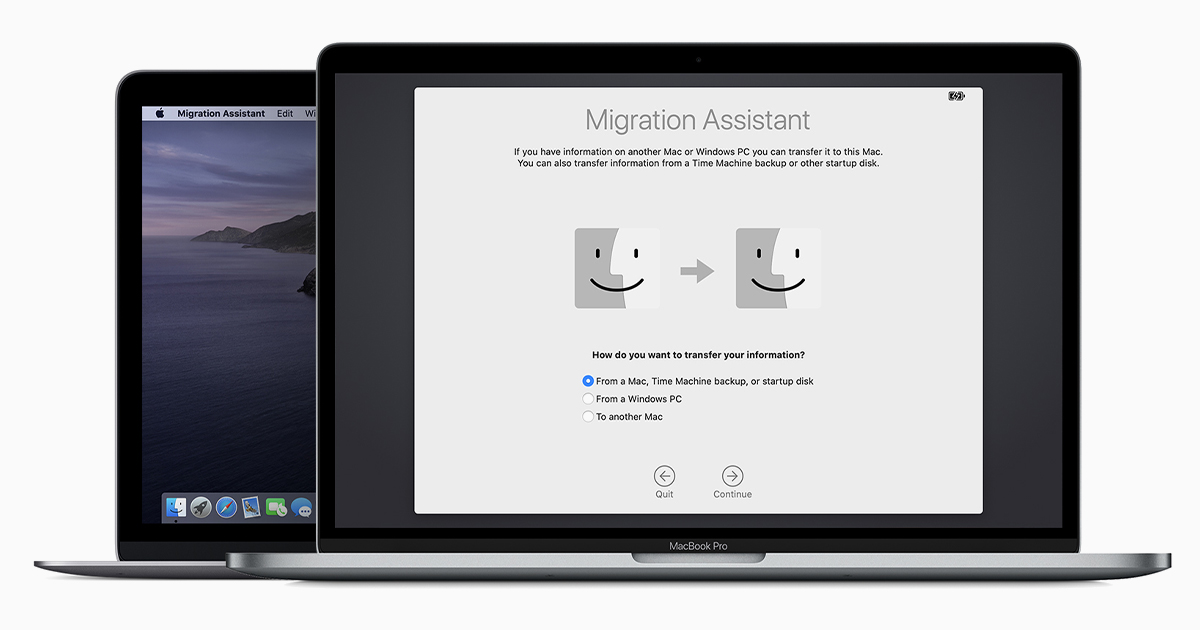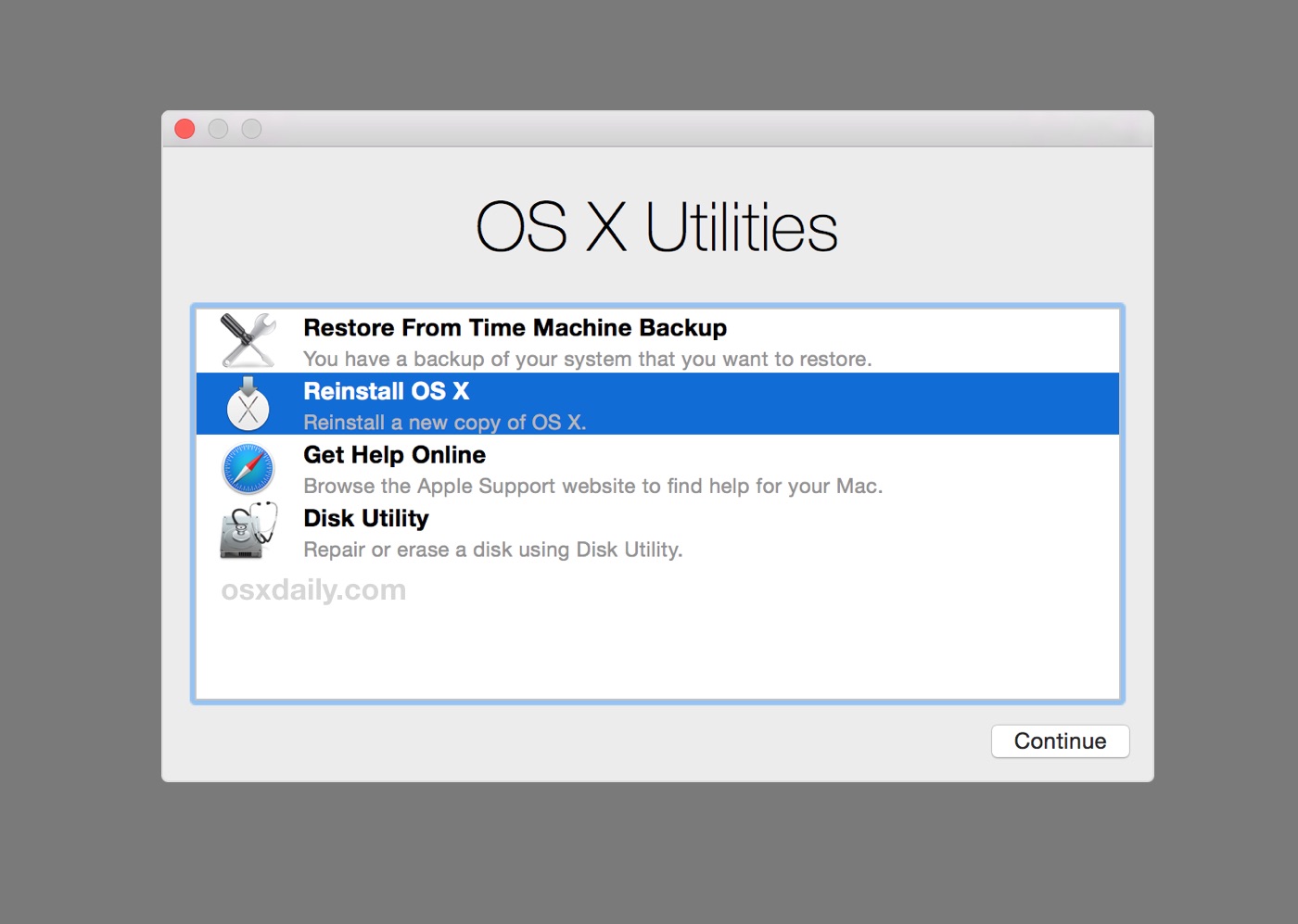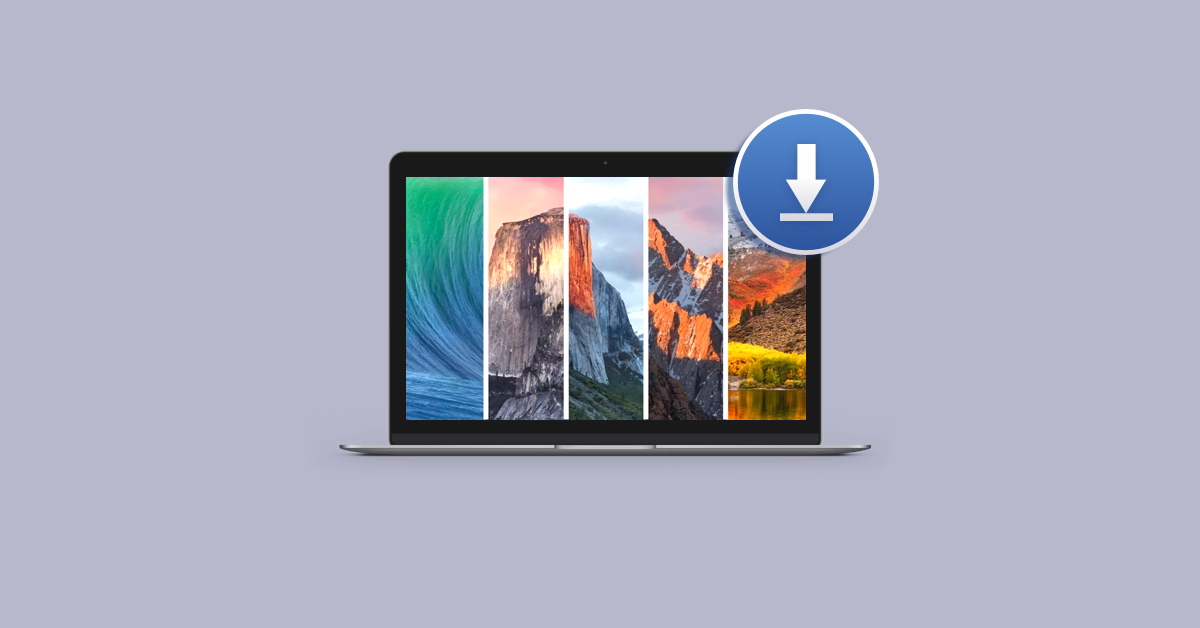- Install Macos Mojave On Old Macbook
- Install Mac Os 10.8 On Old Mac
- Install Mac Os On Old Mac
- Install Older Mac Os On New Mac
If you troubleshoot Macs on a regular basis, sooner or later, you’re going to need an old Mac OS X install CD or DVD. Only the truly organized will be able to locate that Mac OS X 10.5 Leopard DVD they last used two moves ago. For those of you looking to find a way to replace your old Mac OS X install discs, we’d like to offer the following suggestions.
eBay
You’ll find it all on eBay, albeit not at the best possible prices. Like any commodity that’s not being produced anymore, original Mac OS X installation CDs and DVDs are being kept, hoarded, and sold at impressive profits. Remember when Apple routinely insisted that $129 was a reasonable amount to jump from Mac OS X 10.3 to 10.4? Well, the person who kept their boxed installation disc would like to see their money back—and it’s going to come out of your pocket.
Note: Some users have reported compatibility issues between the stand-alone installer and Mac OS X Snow Leopard or Mac OS X Lion (OSX 10.6 and 10.7). While workarounds are possible, we strongly recommend installing Git with Homebrew to avoid this. Once BootCamp creates the partition and starts to load the Windows 7 or 8 Installer, power off the Mac by holding the power button for ten seconds. Boot the Mac while holding option key then eject the disk. Power off the Mac again. Insert your Windows 10 USB Installer and Power on the Mac. It will start up in Windows 10 Installer. My dextop computer has 2 gb of RAM and intel j2900 processor. When i tried to install mac os x sierra on my pc.it says that the version of mac os not supported on this plateform. So i searched in clover and i came to know that clover has identified my pc as MAC PRO 3,1.

Mac OS 8.6 to 9.2 (and Mac OS X 10.1) are no longer supported but you can find the last supported release of R for these systems (which is R 1.7.1) here. Releases for old Mac OS X systems (through Mac OS X 10.5) and PowerPC Macs can be found in the old directory. MacOS Sierra: Clean vs. Upgrade Install. The upgrade install is the easiest way to upgrade your Mac to macOS Sierra. This method preserves all of your current user data, documents, and apps while upgrading the existing operating system on your Mac's startup drive to macOS Sierra.
Still, eBay is the place where the selection is the most optimal, the price competition remains fierce, and odds are you can find exactly what you need and have it on your doorstep in a few days’ time. Check that the seller has a reputation around or close to 100 percent before you order what you need.
Craigslist
If it’s for sale and local, you’ll find it on Craigslist. Log in, check the local computer equipment listings and you should be able to find what you need, or at least someone who has a good lead on the Mac OS X CD or DVD that you suddenly found yourself needing for a project.

Unlike eBay, there’s a little wiggle room for negotiation once you’ve contacted the seller via phone or email, so use this to your advantage and with any luck, they’ll come to you with the product.
Like anything else with Craigslist, be on the lookout for scams, deals that seem too good to be true, and the like. Contact the seller, see how you get along and with any luck, you can have the install disc you need by the end of the day.

Techie yard sales/Macintosh user groups
You’ll have to dig around and pen them into your calendar, but you’ll find what you need here plus Mac-based advice and camaraderie to boot. Growing up in the 1990s, Macintosh User Group techie yard sales were among the greatest things on Earth and allowed you to find almost any piece of hardware or software that you might need. This tradition continues and Apple still keeps a list of physical Macintosh User Groups as well as online-only Apple User Groups, so see what’s near you.
Once your older Mac OS X CD or DVD is in your hand, set aside some time with Disk Utility and some blank CD-Rs, DVD-Rs, or, in the case of the Mac OS X 10.5 Leopard and Mac OS X 10.6 Snow Leopard operating systems, dual layer DVD-Rs. These are your property now, they’re yours to back up and there’s always the chance that someone will be happy to buy your original disc somewhere down the road.
This directory contains binaries for a base distribution and packages to run on Mac OS X (release 10.6 and above). Mac OS 8.6 to 9.2 (and Mac OS X 10.1) are no longer supported but you can find the last supported release of R for these systems (which is R 1.7.1) here. Releases for old Mac OS X systems (through Mac OS X 10.5) and PowerPC Macs can be found in the old directory.

Note: CRAN does not have Mac OS X systems and cannot check these binaries for viruses.Although we take precautions when assembling binaries, please use the normal precautions with downloaded executables.
Package binaries for R versions older than 3.2.0 are only available from the CRAN archive so users of such versions should adjust the CRAN mirror setting (https://cran-archive.r-project.org) accordingly.
R 4.0.4 'Lost Library Book' released on 2021/02/15
Install Macos Mojave On Old Macbook
Please check the SHA1 checksum of the downloaded image to ensure that it has not been tampered with or corrupted during the mirroring process. For example type
openssl sha1 R-4.0.4.pkg
in the Terminal application to print the SHA1 checksum for the R-4.0.4.pkg image. On Mac OS X 10.7 and later you can also validate the signature using
pkgutil --check-signature R-4.0.4.pkg
Latest release:
| R-4.0.4.pkg (notarized and signed) SHA1-hash: 0b2b3bc846f6ebc72a8bc0b53e6e85d600d95deb (ca. 85MB) | R 4.0.4 binary for macOS 10.13 (High Sierra) and higher, signed and notarized package. Contains R 4.0.4 framework, R.app GUI 1.74 in 64-bit for Intel Macs, Tcl/Tk 8.6.6 X11 libraries and Texinfo 6.7. The latter two components are optional and can be ommitted when choosing 'custom install', they are only needed if you want to use the tcltk R package or build package documentation from sources. Note: the use of X11 (including tcltk) requires XQuartz to be installed since it is no longer part of OS X. Always re-install XQuartz when upgrading your macOS to a new major version. Also please do not install beta versions of XQuartz (even if offered). This release supports Intel Macs, but it is also known to work using Rosetta2 on M1-based Macs. Native Apple silicon binary is expected for R 4.1.0 if support for Fortran sabilizes, for experimental builds and updates see mac.R-project.org. Important: this release uses Xcode 12.4 and GNU Fortran 8.2. If you wish to compile R packages from sources, you will need to download GNU Fortran 8.2 - see the tools directory. |
| NEWS (for Mac GUI) | News features and changes in the R.app Mac GUI |
| Mac-GUI-1.74.tar.gz SHA1-hash: 2c791fd1fd2d8f90b0887c1f9541882200a6eab8 | Sources for the R.app GUI 1.74 for Mac OS X. This file is only needed if you want to join the development of the GUI, it is not intended for regular users. Read the INSTALL file for further instructions. |
Note: Previous R versions for El Capitan can be found in the el-capitan/base directory.Binaries for legacy OS X systems: | |
| R-3.6.3.nn.pkg (signed) SHA1-hash: c462c9b1f9b45d778f05b8d9aa25a9123b3557c4 (ca. 77MB) | R 3.6.3 binary for OS X 10.11 (El Capitan) and higher, signed package. Contains R 3.6.3 framework, R.app GUI 1.70 in 64-bit for Intel Macs, Tcl/Tk 8.6.6 X11 libraries and Texinfo 5.2. The latter two components are optional and can be ommitted when choosing 'custom install', they are only needed if you want to use the tcltk R package or build package documentation from sources. |
| R-3.3.3.pkg MD5-hash: 893ba010f303e666e19f86e4800f1fbf SHA1-hash: 5ae71b000b15805f95f38c08c45972d51ce3d027 (ca. 71MB) | R 3.3.3 binary for Mac OS X 10.9 (Mavericks) and higher, signed package. Contains R 3.3.3 framework, R.app GUI 1.69 in 64-bit for Intel Macs, Tcl/Tk 8.6.0 X11 libraries and Texinfo 5.2. The latter two components are optional and can be ommitted when choosing 'custom install', it is only needed if you want to use the tcltk R package or build package documentation from sources. Note: the use of X11 (including tcltk) requires XQuartz to be installed since it is no longer part of OS X. Always re-install XQuartz when upgrading your OS X to a new major version. |
| R-3.2.1-snowleopard.pkg MD5-hash: 58fe9d01314d9cb75ff80ccfb914fd65 SHA1-hash: be6e91db12bac22a324f0cb51c7efa9063ece0d0 (ca. 68MB) | R 3.2.1 legacy binary for Mac OS X 10.6 (Snow Leopard) - 10.8 (Mountain Lion), signed package. Contains R 3.2.1 framework, R.app GUI 1.66 in 64-bit for Intel Macs. This package contains the R framework, 64-bit GUI (R.app), Tcl/Tk 8.6.0 X11 libraries and Texinfop 5.2. GNU Fortran is NOT included (needed if you want to compile packages from sources that contain FORTRAN code) please see the tools directory. NOTE: the binary support for OS X before Mavericks is being phased out, we do not expect further releases! |

Subdirectories:
| tools | Additional tools necessary for building R for Mac OS X: Universal GNU Fortran compiler for Mac OS X (see R for Mac tools page for details). |
| base | Binaries of R builds for macOS 10.13 or higher (High Sierra) |
| contrib | Binaries of package builds for macOS 10.13 or higher (High Sierra) |
| el-capitan | Binaries of package builds for OS X 10.11 or higher (El Capitan build) |
| mavericks | Binaries of package builds for Mac OS X 10.9 or higher (Mavericks build) |
| old | Previously released R versions for Mac OS X |
Install Mac Os 10.8 On Old Mac
You may also want to read the R FAQ and R for Mac OS X FAQ. For discussion of Mac-related topics and reporting Mac-specific bugs, please use the R-SIG-Mac mailing list.
Install Mac Os On Old Mac
Information, tools and most recent daily builds of the R GUI, R-patched and R-devel can be found at http://mac.R-project.org/. Please visit that page especially during beta stages to help us test the Mac OS X binaries before final release!
Package maintainers should visit CRAN check summary page to see whether their package is compatible with the current build of R for Mac OS X.
Install Older Mac Os On New Mac
Binary libraries for dependencies not present here are available from http://mac.R-project.org/libs and corresponding sources at http://mac.R-project.org/src.
Last modified: 2021/02/15, by Simon Urbanek
